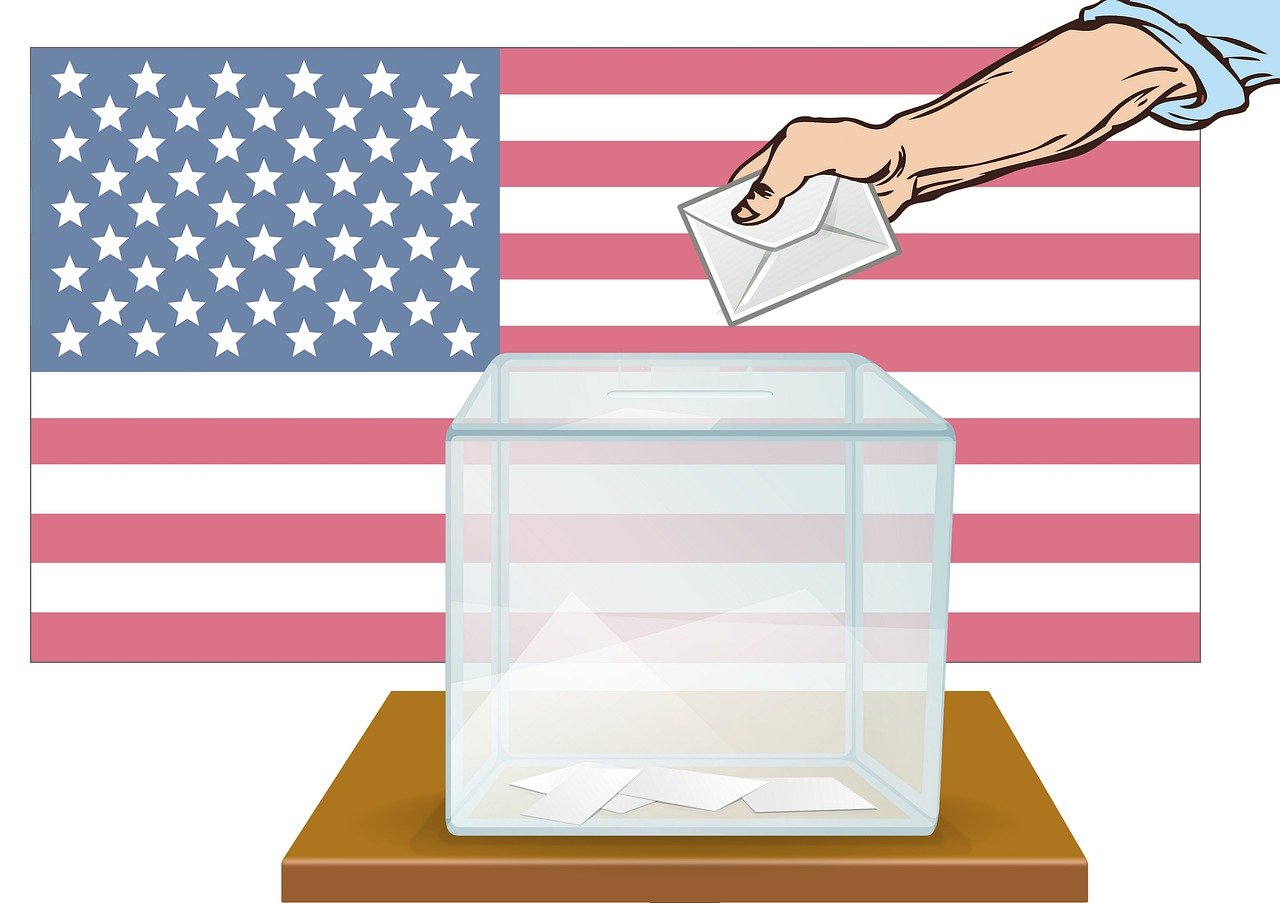The Department of Homeland Security and Justice Department recently announced a new plan to expedite immigration court proceedings for asylum seekers who have recently arrived in the United States without lawful status.
On May 16th senior administration officials from the Department of Homeland Security and Justice Department made it known to the public that a new Recent Arrivals (RA) docket process will allow undocumented immigrants to resolve their immigration cases more expeditiously – within a period of 180 days.
Under the RA Docket process, DHS will place certain noncitizen single adults on the RA Docket, and EOIR adjudicators will prioritize the adjudication of these cases.
The RA Docket will operate in five cities: Atlanta, Boston, Chicago, Los Angeles, and New York City. Immigration judges will aim to render final decisions within 180 days, although the time to make a decision in any particular case will remain subject to case-specific circumstances and procedural protections, including allowing time for noncitizens to seek representation where needed.
 Visa Lawyer Blog
Visa Lawyer Blog











